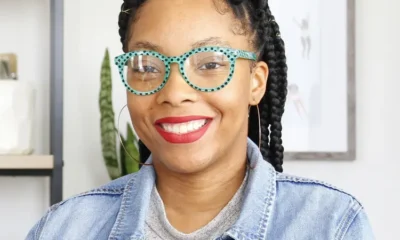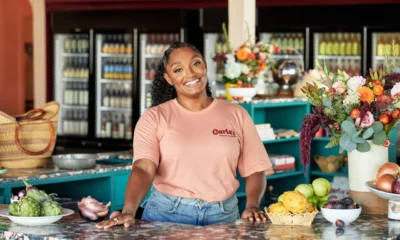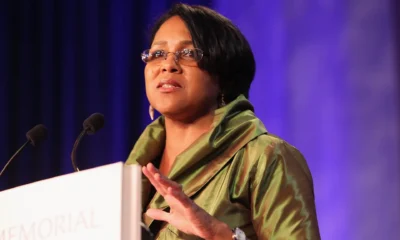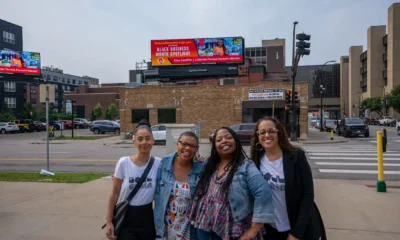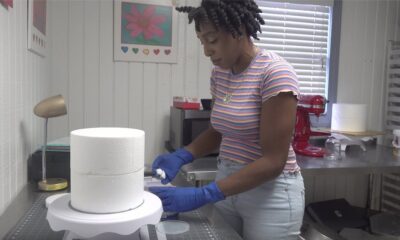Black Women in Business
The Fall and Rise of a Plus-Size Empire
After two brushes with death, Ashley Stewart is alive and well.
Chary Wright knows that for bigger women, shopping for clothes can be rough. Until a few years ago, some mainstream retailers didn’t carry anything larger than a size 12. Stores that did might have stocked only one or two pieces. Or maybe they had plenty but just put out the extra smalls, smalls, and mediums, requiring anyone who needed a different size to ask an always-slender saleswoman, a living, breathing reminder that fashion is for thin people. Wright has spent 18 years making shopping fun for plus-size women. At an Ashley Stewart in a New Jersey shopping plaza, she sells clothes in sizes 12 to 26. She listens to customers who sometimes feel bad about their bodies and, like many women who work in Ashley Stewart Inc.’s shops, plays the role of stylish sister-friend.
“I hear it all the time: ‘I’m too fat. I’m ugly,’ ” says Wright, an area manager. The youngest and chubbiest of 14 cousins, she grew up with an ex-model for a mother, a woman who insisted that Wright focus on school, be kind to senior citizens, and sit up straight. The day I meet Wright, she’s wearing a ruffled orange blouse, and her short hair has longish bangs tipped in gold. “I make her look in the mirror. I’ll sit her in her underwear and her bra and say, ‘Look at you. You are gorgeous. Own your beauty.’ ”
It’s hard to imagine having that experience at the Gap. But little about Ashley Stewart is typical of the low-wage, high-turnover retail industry. The company is committed to its stores, which are located almost exclusively in low- to middle-income urban areas. Wright’s East Orange, N.J., neighbors include a barbershop, a Dunkin’ Donuts, a 24-hour supermarket, and elevated commuter train tracks. Its most loyal customers are overweight black women, a group that fashion usually ignores twice over.
The most surprising thing about Ashley Stewart is that Ashley Stewart still exists. The company filed for Chapter 11 in 2010, and four years later it filed once more. “To have failed again so soon is a really bad sign,” says Steve Warren, a bankruptcy lawyer at O’Melveny & Myers LLP, who represented Clearlake Capital, the private equity company in Santa …
Please read original article- The Fall and Rise of a Plus-Size Empire




